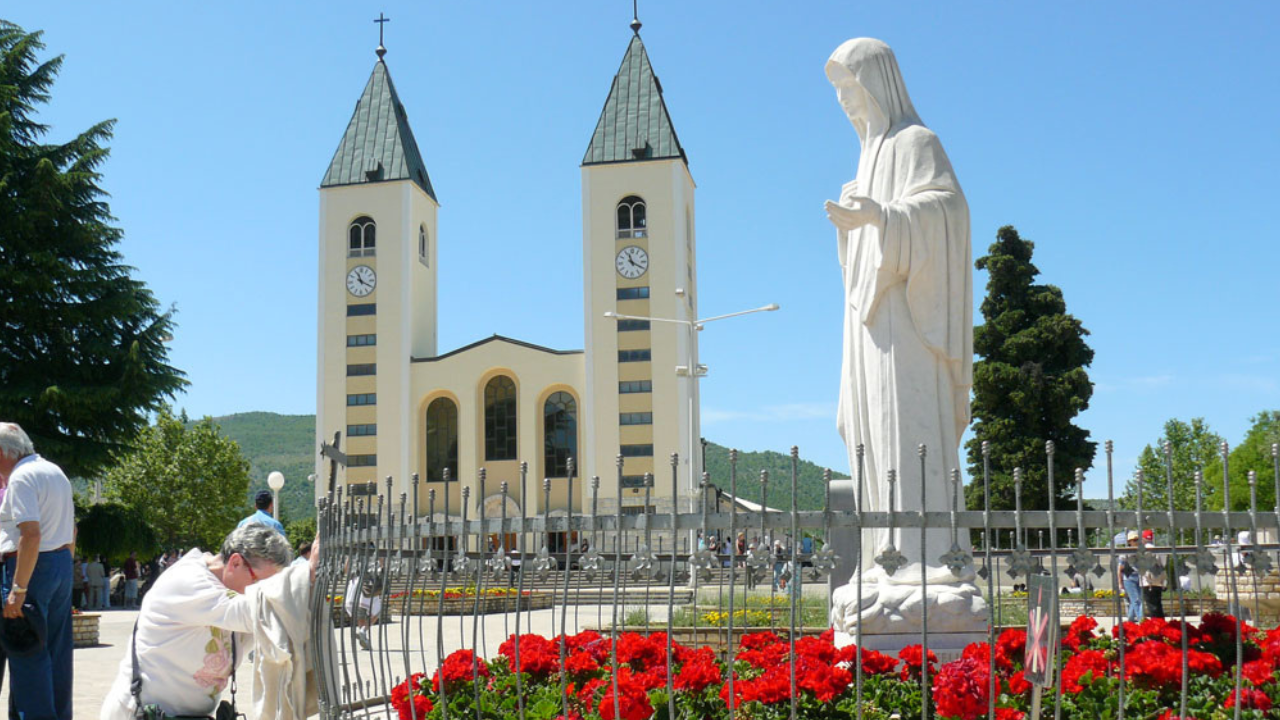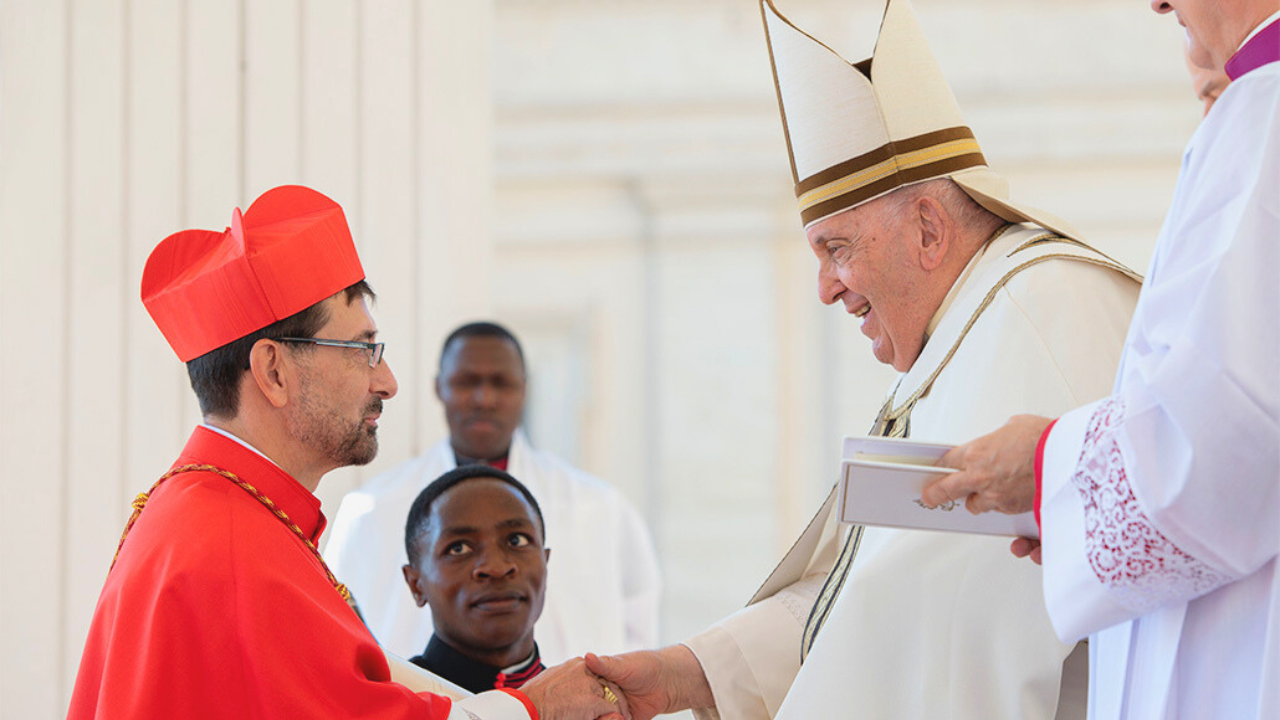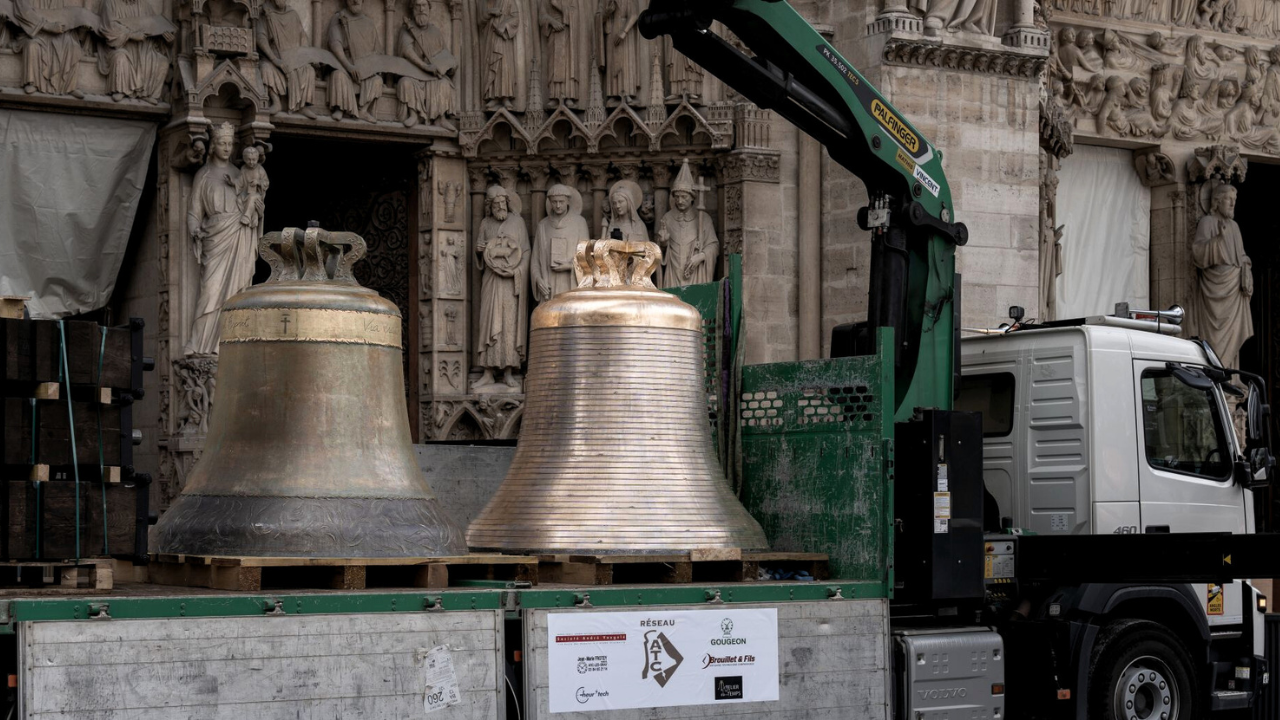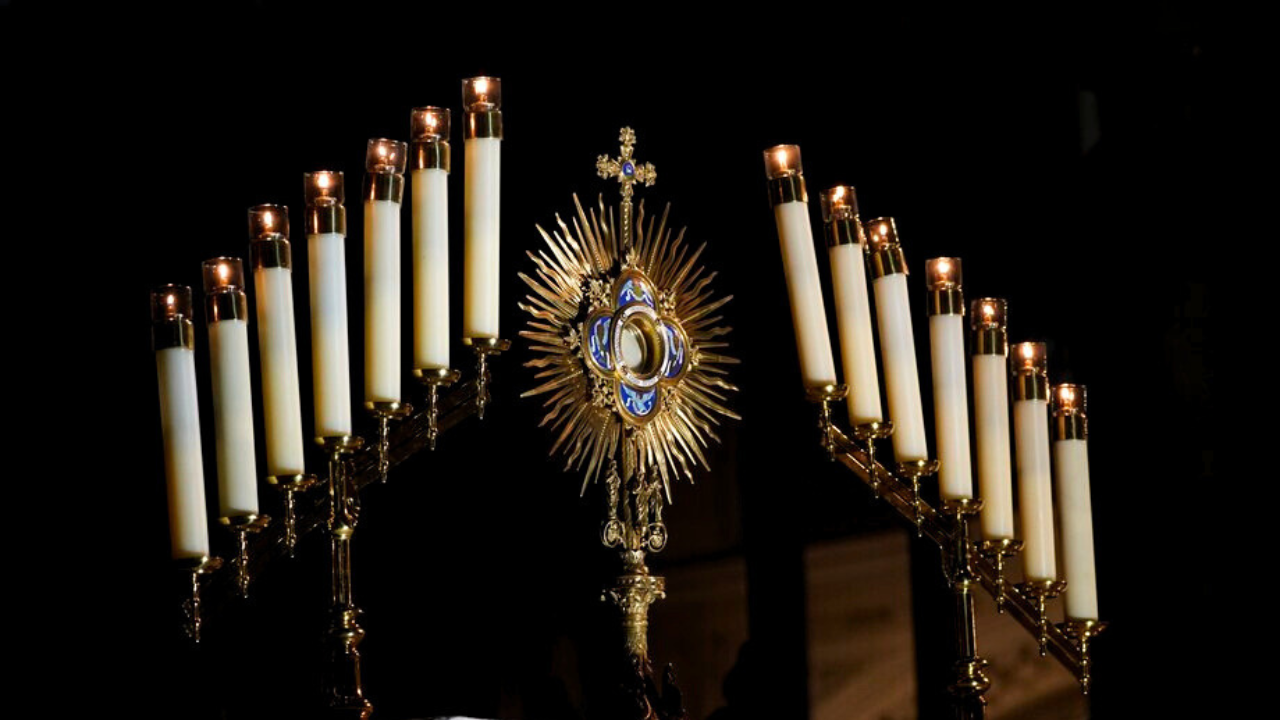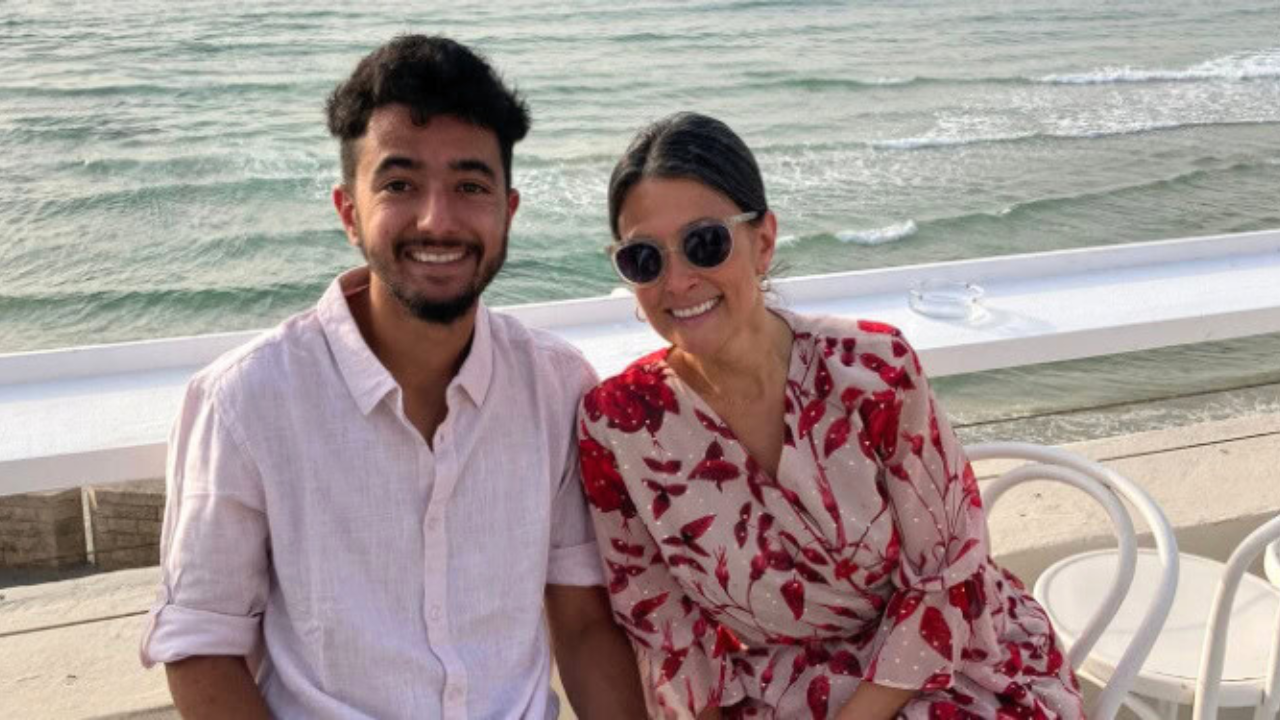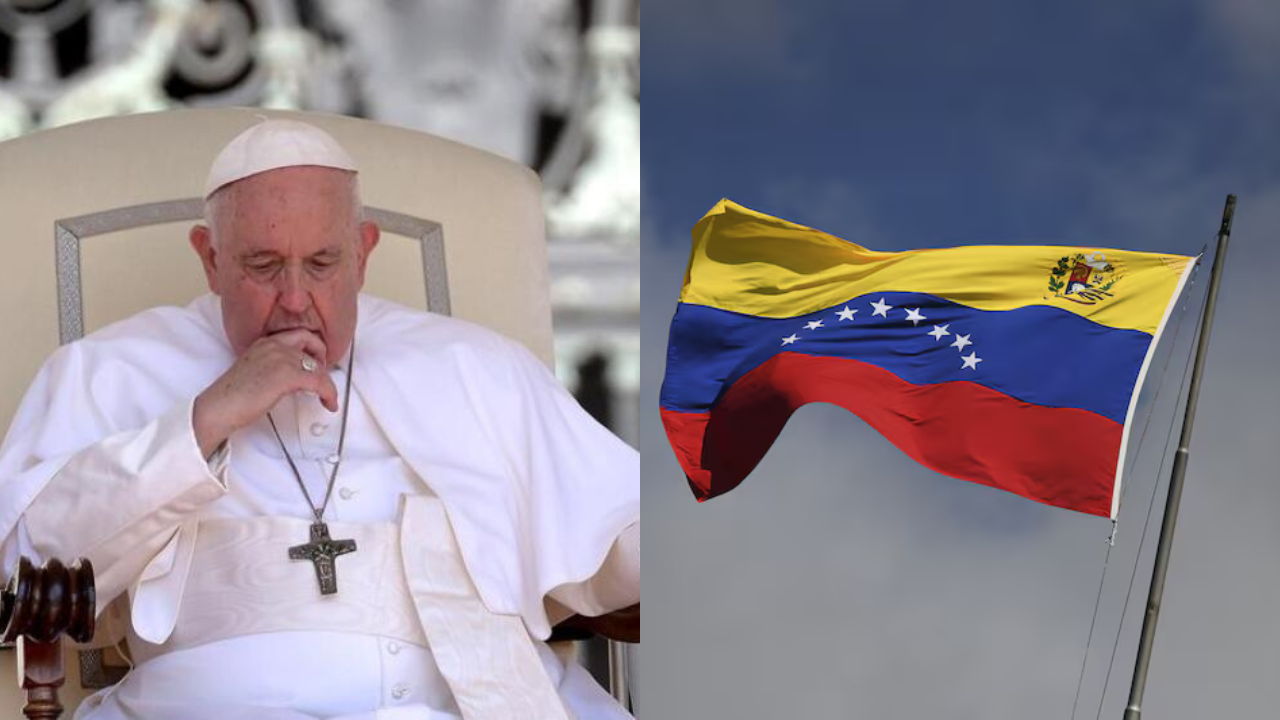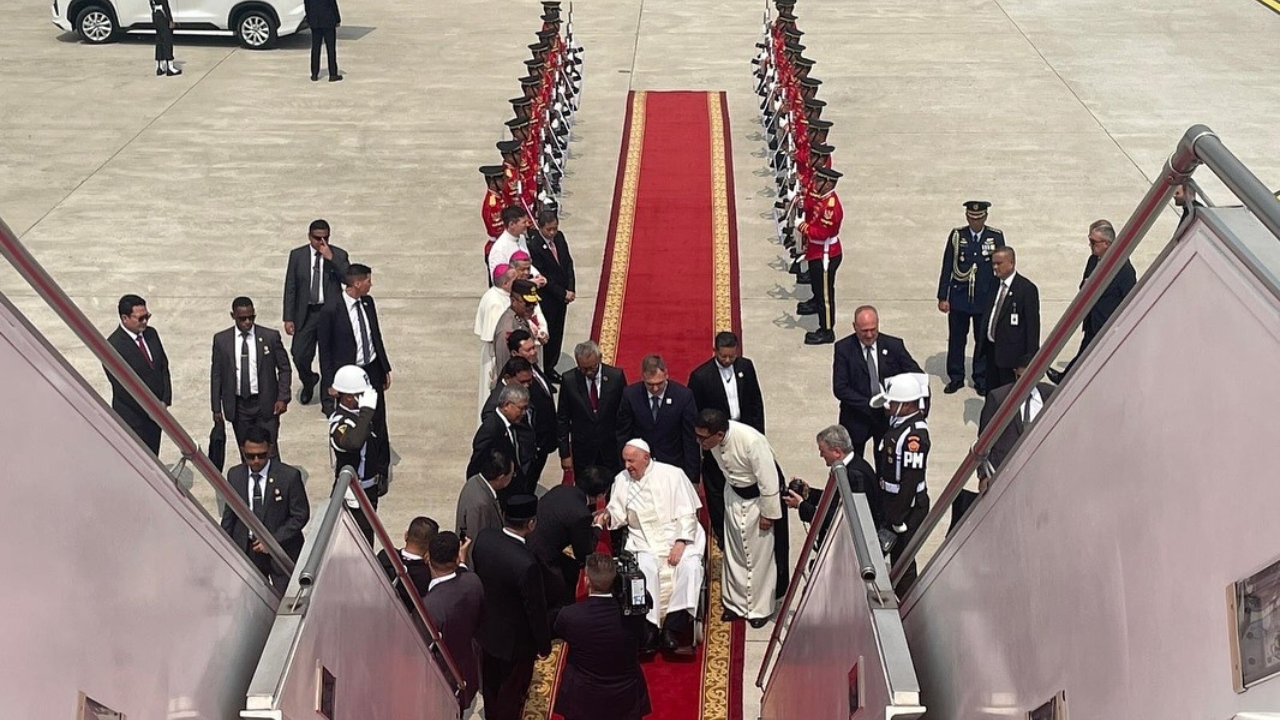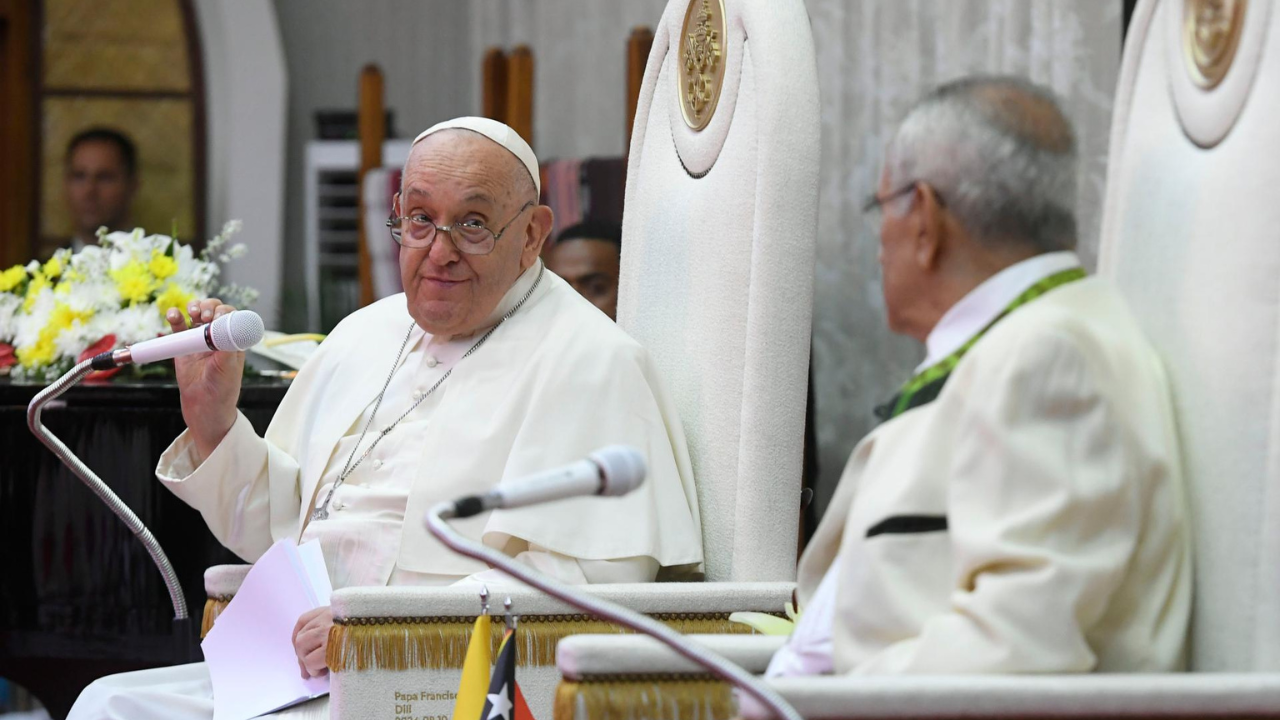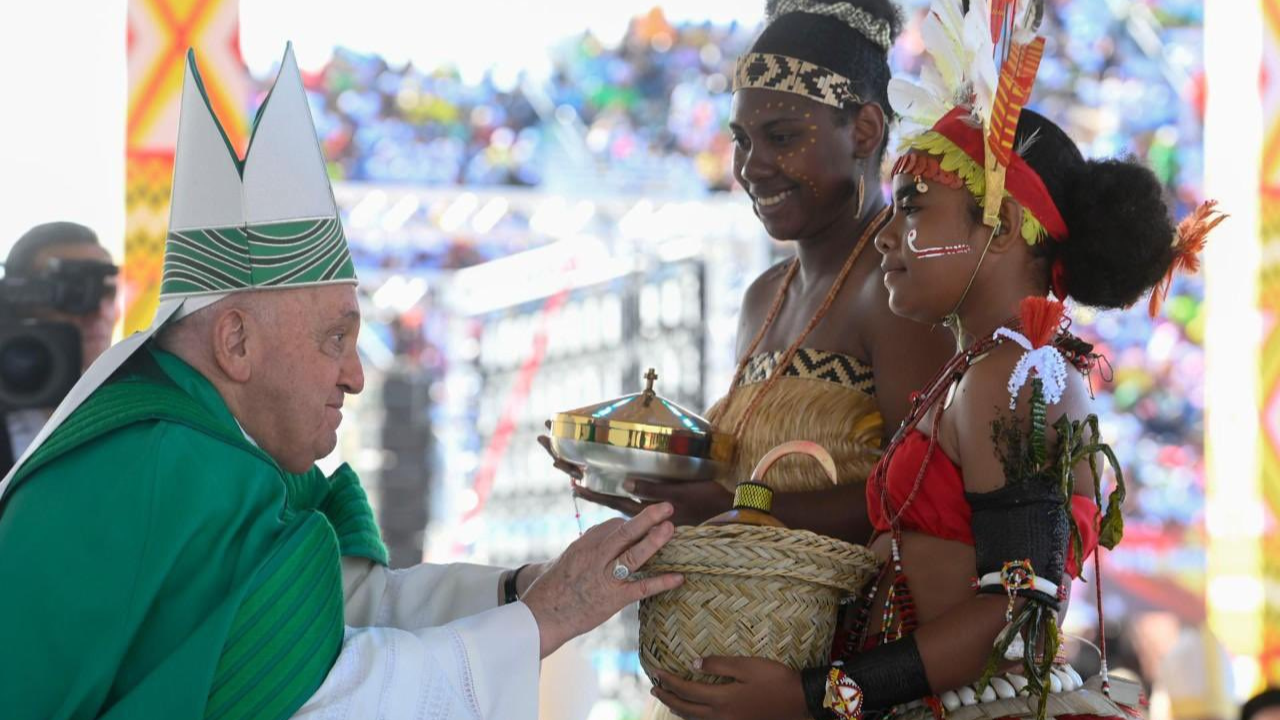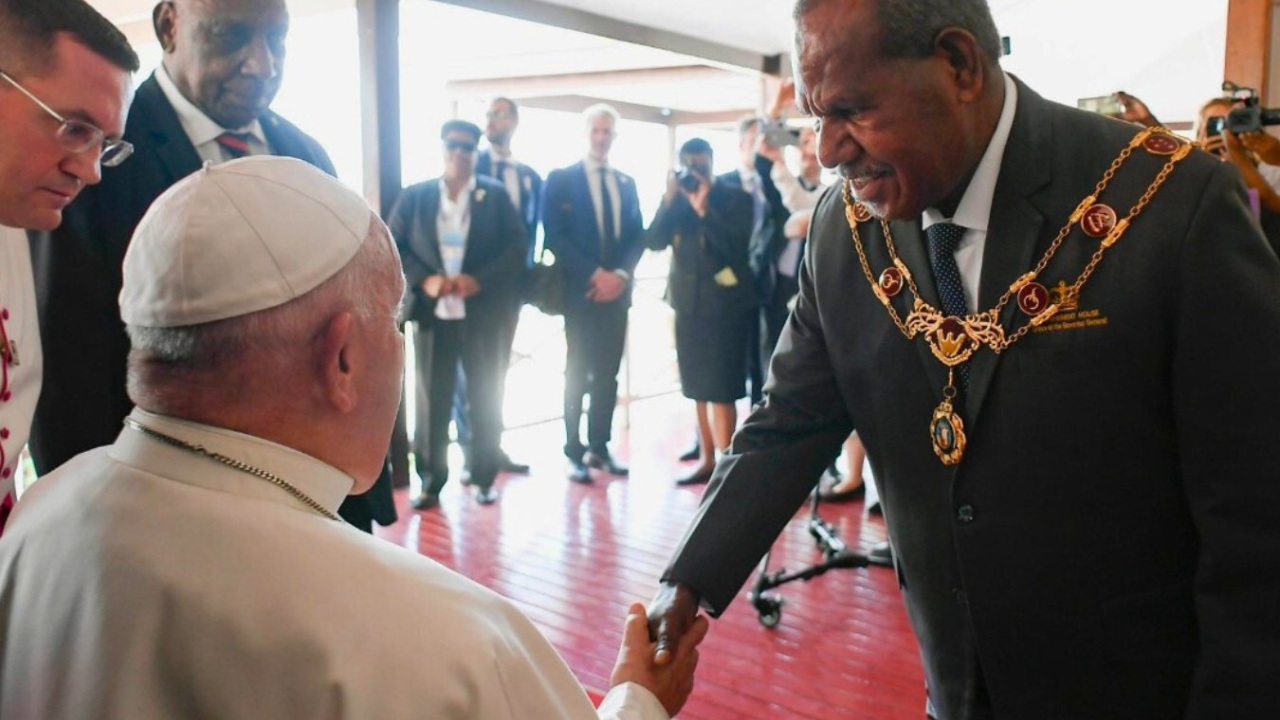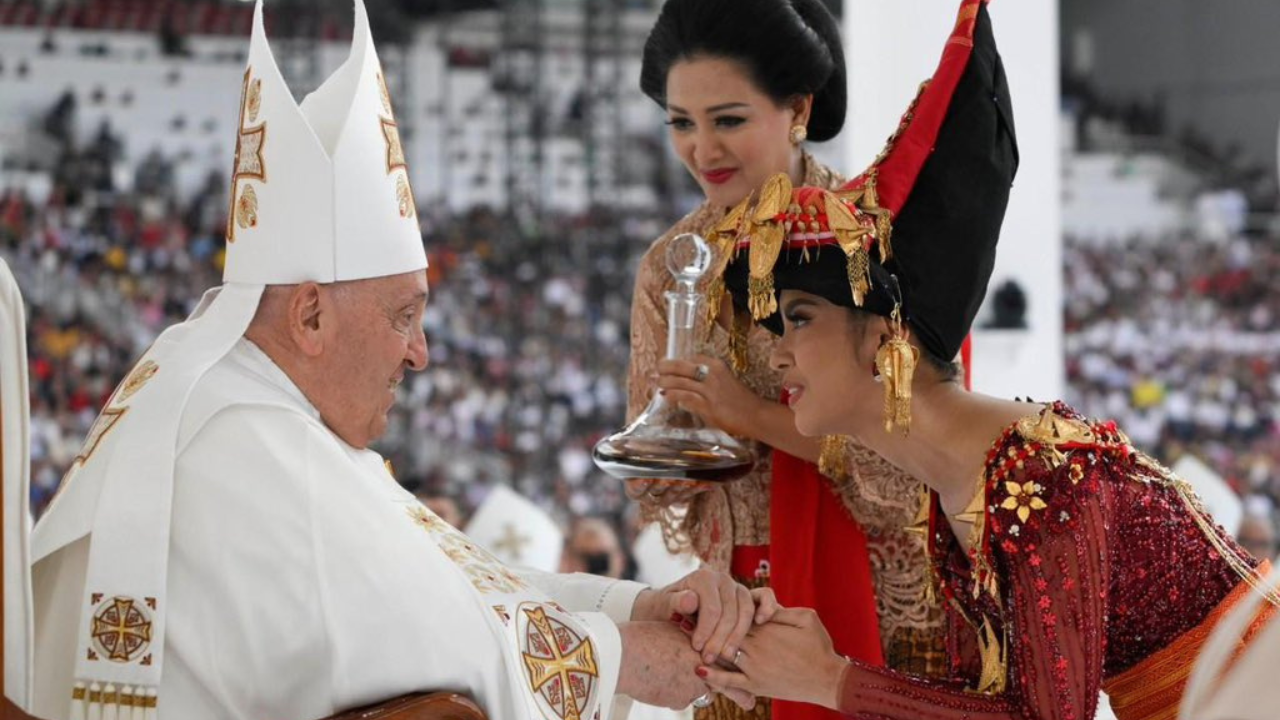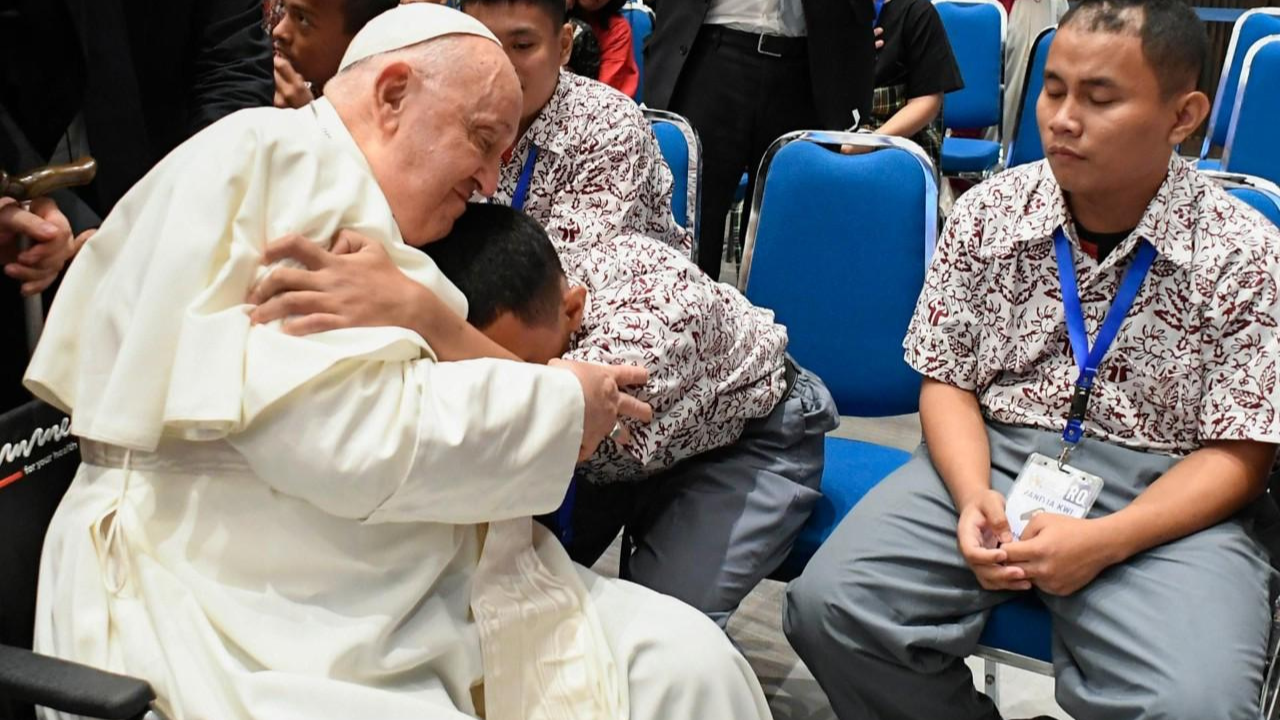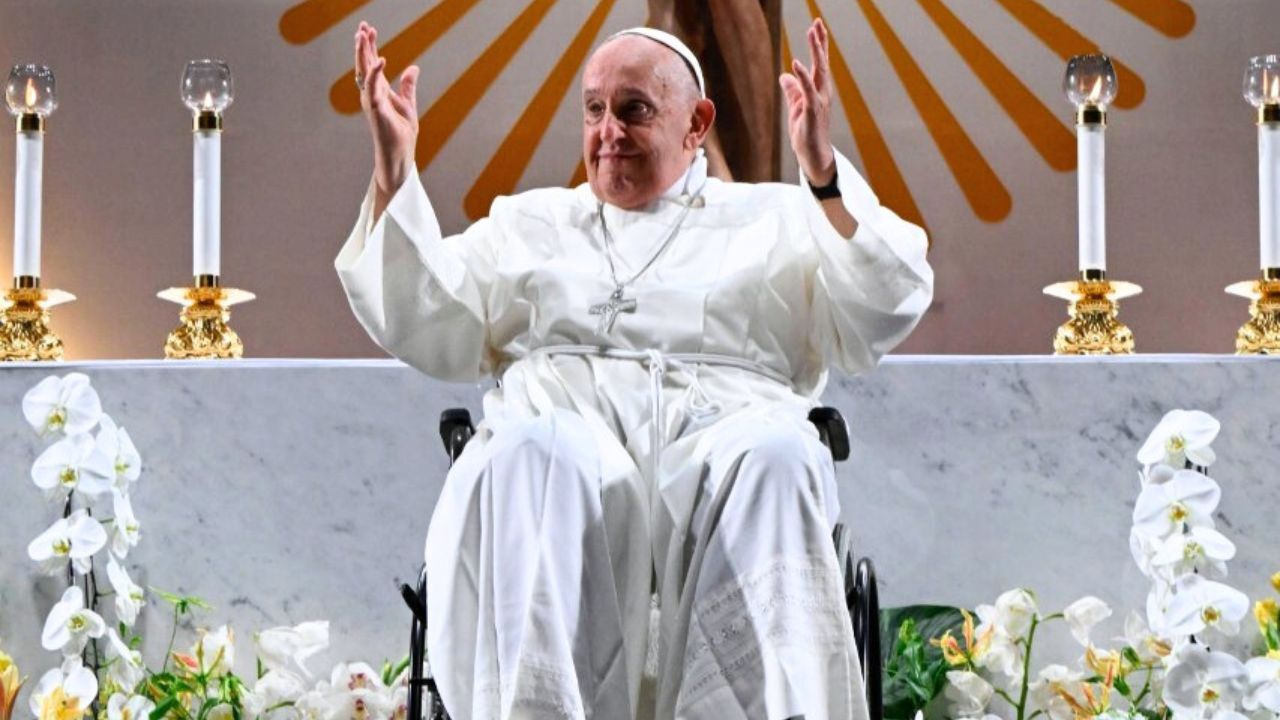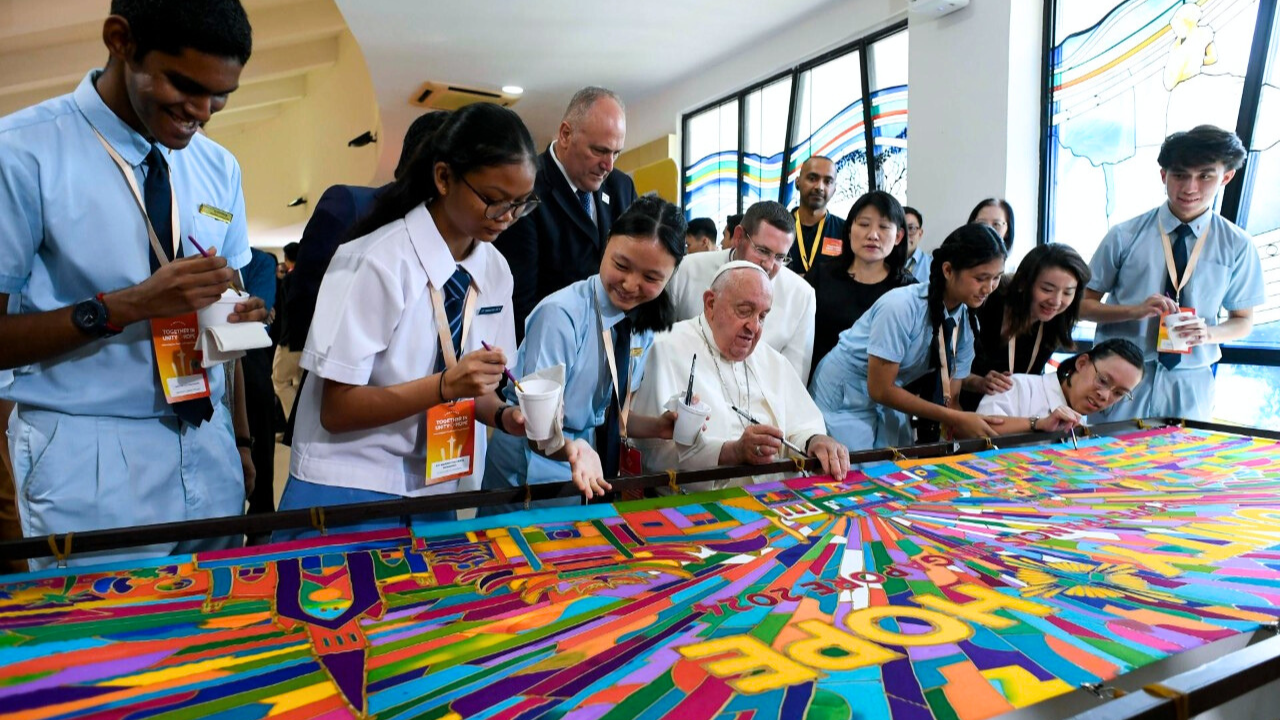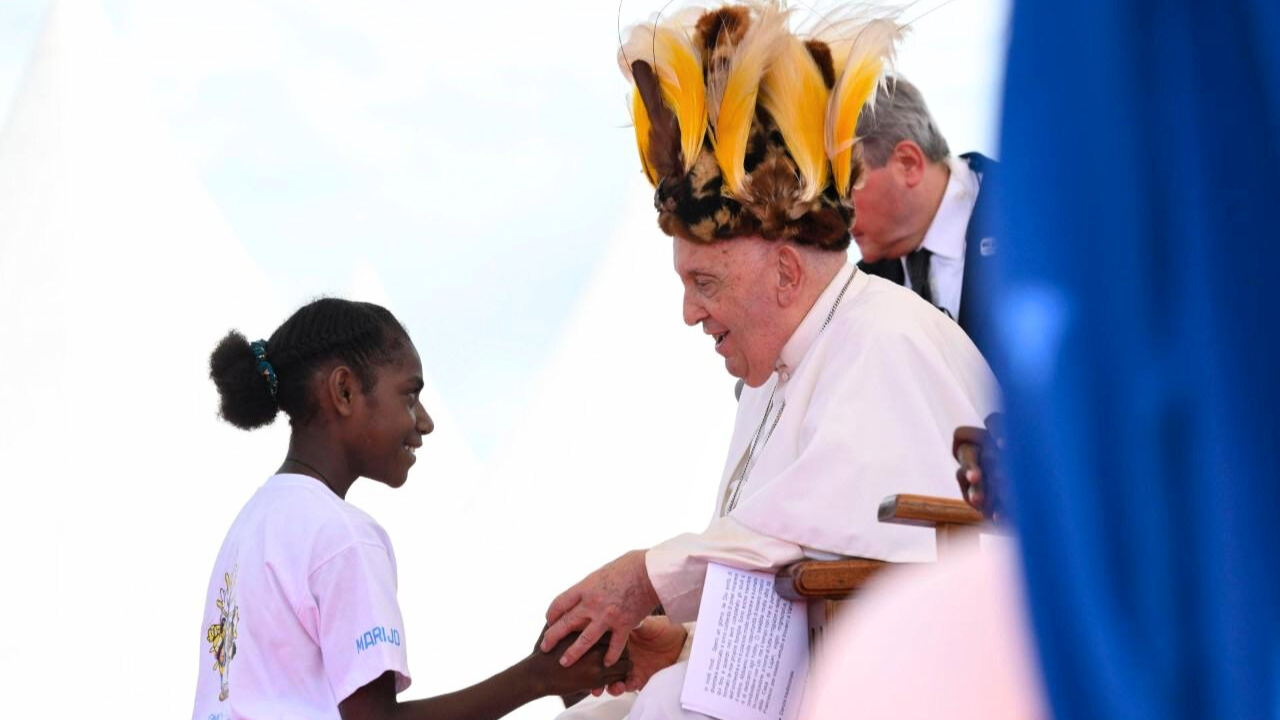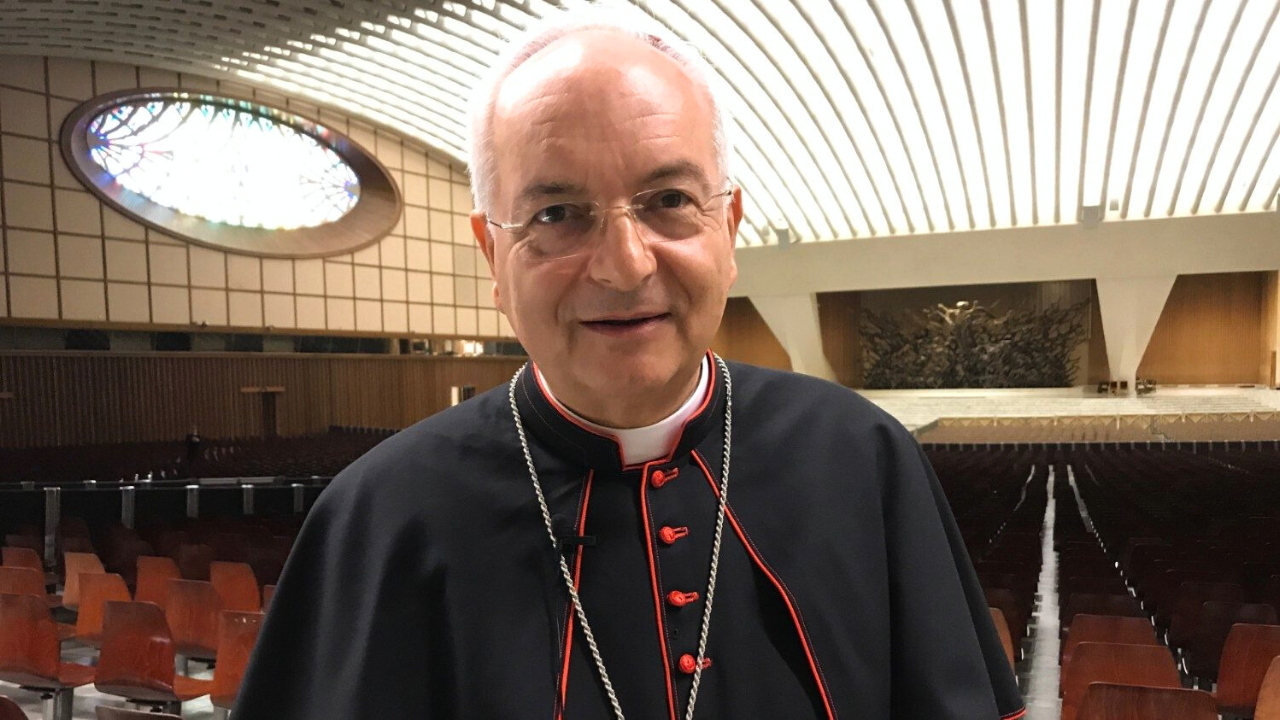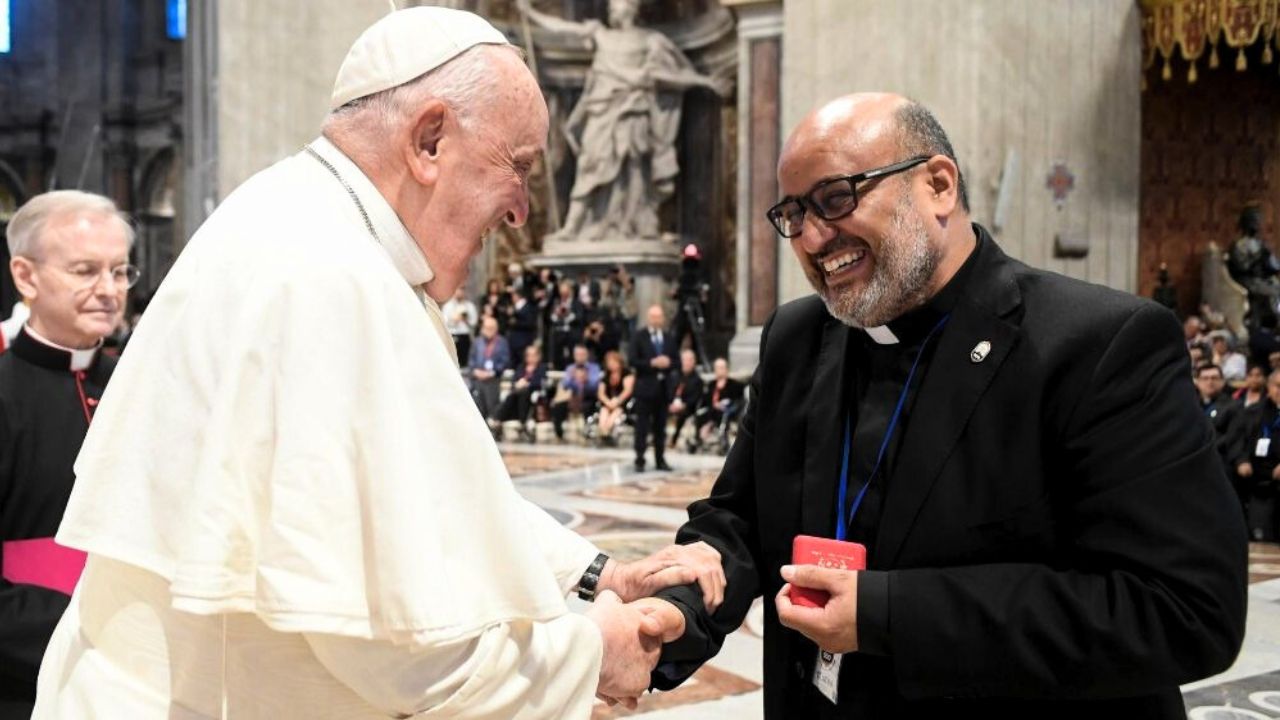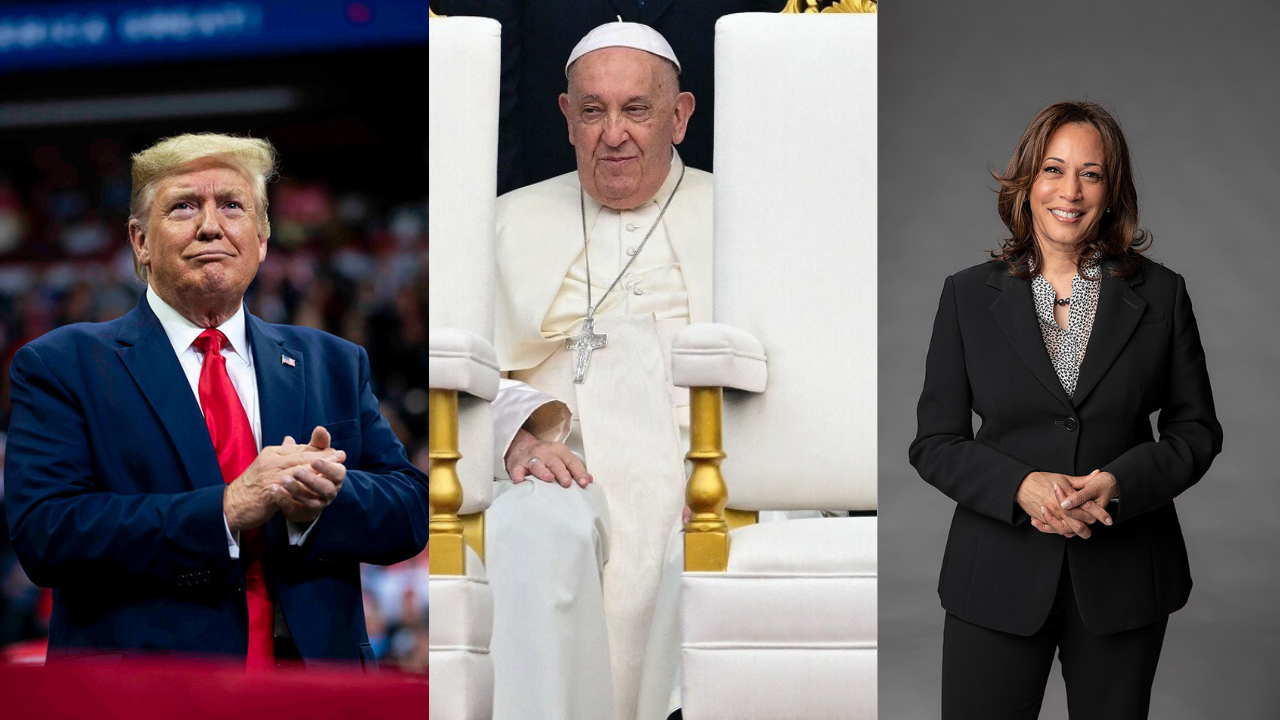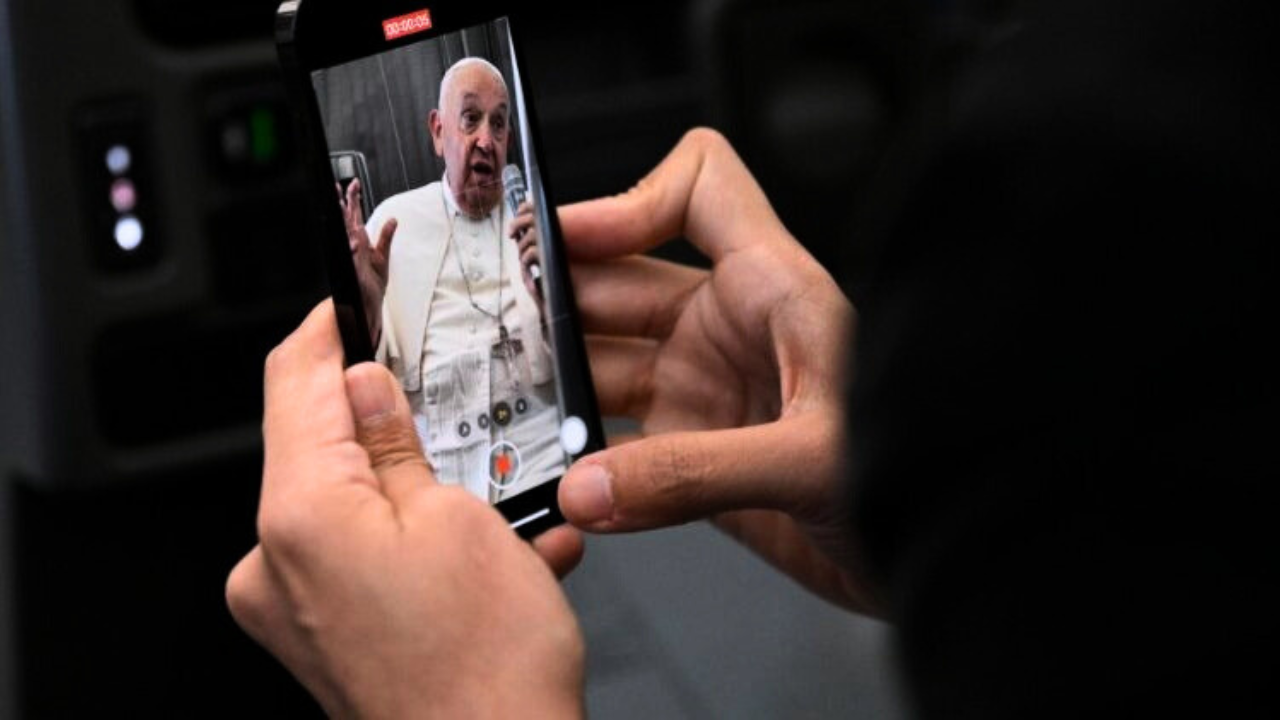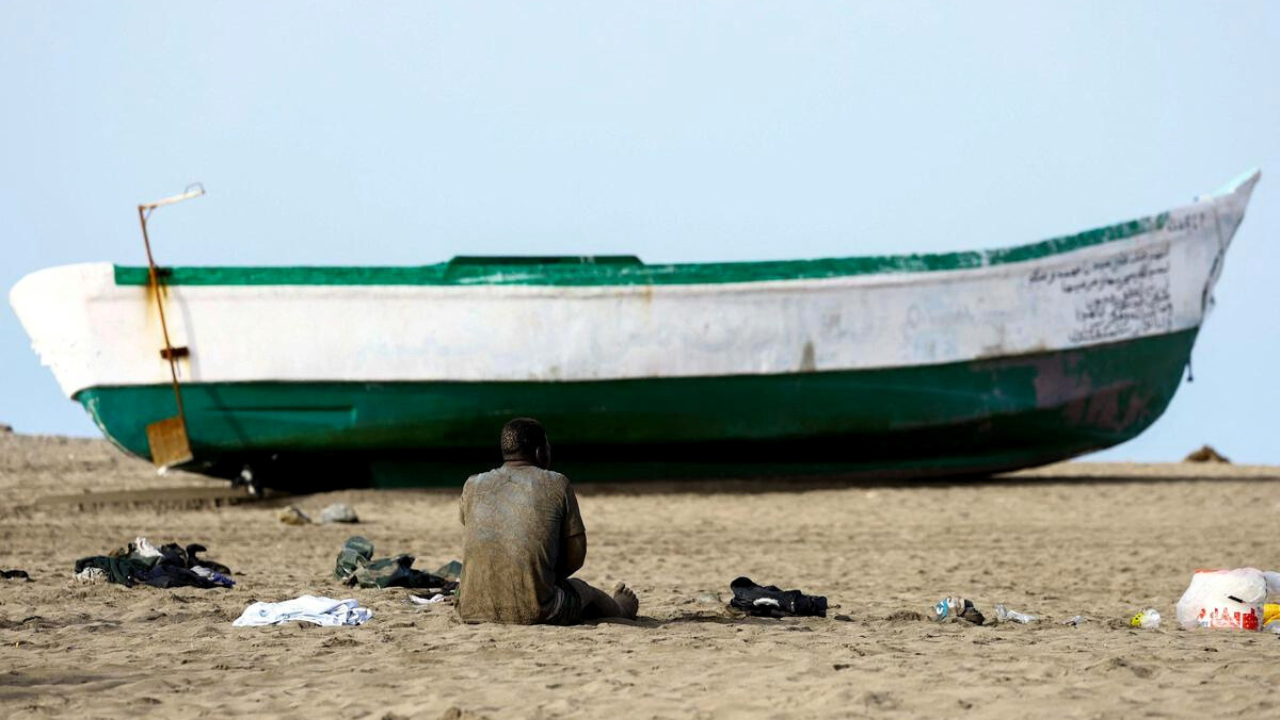As a child, Joseph Ratzinger wanted to be a painter. But life took him in a different direction...
Like all German teenagers at the time, he was drafted into the Nazi military. But he refused to wear the uniform. Ratzinger entered World War II digging trenches in Austria and Hungary, eventually deciding to desert.
Following the war, he rebuilt the Freising seminary together with his brother and other future priests.
FR. GEORG RATZINGER
Benedict XVI's brother
At that time every soldier coming back from the war had to prove that he had a job, to ensure that no one was being idle, but that everyone participated in rebuilding the country which had largely been destroyed. The rector of the seminary said to avoid going somewhere far away, where you would not feel at ease. He said, why don´t you come here and rebuild the seminary. We have plenty of work for you! And so my brother and I went to the seminary and helped to clean and repair it.
During those years, Ratzinger became fascinated by theology, in which he found answers to his questions about God, freedom and pain.
These images document what Ratzinger has called the most important day of his life – his ordination to priesthood.
His academic career began immedaitely. For 20 years, he was a professor at the universities of Bonn, Münster, Tubinga and Ratisbona.
PAUL BADDE
Vatican journalist
He had one big passion. It was not eating or drinking, it was teaching at the university. He was the master of the, not of the universe, but of the university, theology.
In the 1960s, the cardinal from Cologne asked Fr. Ratzinger to accompany him to the Second Vatican Council as a theological advisor, and since then the city of Rome had its eyes on him.
Pope Paul VI made him archbishop of Munich and then a cardinal. Pope John Paul II brought him to the Eternal City as a prefect of the Congregation for the Doctrine of the Faith, the former Holy Office.
The pope entrusted him with delicate missions like the composition of a new Catechism (the previous version was four centuries old) and relations with traditionalists and authors of liberation theology.
Although Cardinal Ratzinger didn't know it at the time, he was preparing for the most difficult mission of his life, which he received on April 19, 2005.
“After the great Pope John Paul II, the elder cardinals chose me – a simple and humble hard-worker from the Lord's vine. It comforts me knowing the Lord knows how to act with insufficient instruments and, above all, I trust in your prayers.”
At the age of 78, Cardinal Ratzinger dreamed of returning to Bavaria and retiring to a calm life. He had prepared a house in the countryside and had various book projects in mind.
PAUL BADDE
Vatican journalist
He's a born teacher, he's a born teacher. I mean, teaching, that's what I meant to say, teaching, I mean searching for the truth but even more teaching the truth, teaching what he has discovered. He is a born teacher.
During his papacy, Pope Benedict XVI was a shy, wise and misunderstood pope. He was a professor
who wanted to save the culture of his time, who impressed with his clarity of reasoning, but perhaps was unable to reach the hearts of his people.
The most important gesture of his pontificate was this one, which revolutionized the Catholic Church.
BENEDICT XVI
After repeatedly examining my conscience before God, I have come to the certainty that my strengths, due to my advanced age, are no longer suitable to adequately exercise the Petrine ministry.
Pope Emeritus Benedict XVI did not stop writing. He published three articles: one on the roots of the abuse crisis, one on priestly celibacy and one on the anthropological consequences of same-sex marriage.
The Pope Emeritus has tried to lead a discreet life, although it has not always been possible.
In early 2022, lawyers who wrote a report on sexual abuse in the archdiocese of Munich-Friesland pointed out that the Pope Emeritus had mishandled up to four cases, all during his short tenure as archbishop in the late 1970s.
Pope Benedict XVI commissioned a group of trusted experts to study the allegations.
STEFAN MÜCKL
Benedict XVI's advisor
There is no evidence, no proof (to support the accusations). One of the lawyers said this at the press conference introducing the report. They presented “their opinion,” and their opinion is debatable. Upon reading the meeting records and reviewing the report's conclusions, I found no evidence that, the then archbishop Ratzinger, knew about past behaviors of the priest in question.
The Pope emeritus also published a letter in which he mourned the abuse crisis in the Church and he left the successes and mistakes of his life in God's hands.
JMB
